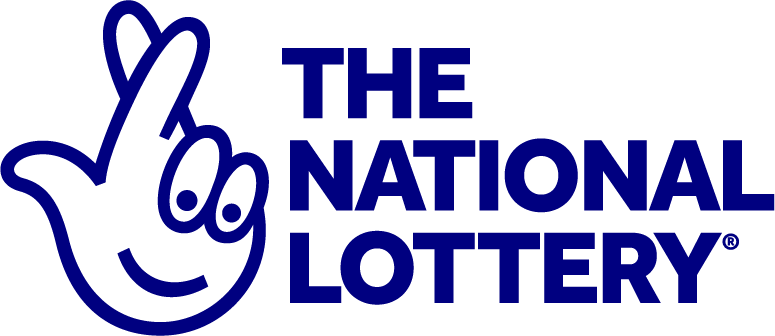The Odds of Winning the Lottery Are Low

The lottery is a huge industry, contributing billions to state budgets. Some people play it for fun, while others believe winning the jackpot will change their lives forever. However, there’s one big problem with this line of thinking — winning the lottery is unlikely to provide any real relief from poverty. Instead, it will likely create new layers of wealth inequality. The reason is simple: the odds of winning are extremely low.
Lotteries have a long history in the United States and across the globe, from ancient keno slips to the modern-day Powerball and Mega Millions. They’ve been used for everything from land grants to slaves, and in modern times have been a popular way to raise funds for public projects.
Many states have embraced lotteries as a way to boost government revenues. While there are different ways to organize and run a lottery, most follow similar paths: the state establishes a monopoly for itself (as opposed to licensing private companies in exchange for a portion of proceeds), begins operations with a modest number of relatively simple games, and then, in an attempt to maintain or increase revenues, progressively expands its portfolio of offerings. Historically, this expansion has been most successful during periods of economic stress, when state governments are under pressure to cut back on services or raise taxes.
But there is a limit to how much lotteries can boost state revenue. The fact is, the odds of winning are always low and the prize money is often a fraction of what’s needed to improve a state’s overall financial health. As a result, despite the popularity of lotteries, they remain a regressive form of taxation.
In a world where income inequality and social mobility are at their highest levels, there is an understandable temptation to play the lottery in the hope that it will be “your ticket to a better life.” But what people don’t realize is that the lottery has been designed to keep them hooked. It’s a form of psychological manipulation that is hard to resist.
The first message that lottery marketers send is that the lottery is a fun and exciting experience. In fact, the experience of scratching a ticket is so enjoyable that it’s essentially a drug. This is why lottery advertisements are full of images that trigger the reward center in the brain.
Lottery promotions also use the second message, which is that the profits from the lottery are used for a good cause. This is a popular argument and it has been largely successful. In the early days of American lotteries, it was a great selling point because it allowed states to advertise their lotteries as “voluntary taxes” that were being directed toward education or other public goods. In fact, this argument has been so effective that it continues to win broad support for lotteries even in times when the state government’s actual fiscal conditions are strong.
In addition to these messages, there is a third one that is harder for consumers to ignore: the idea that the lottery has some “tricks” or tips to help them win. The reality is that the only thing you can do to increase your chances of winning is buy more tickets, which is why so many people turn to lottery pools or syndicates.